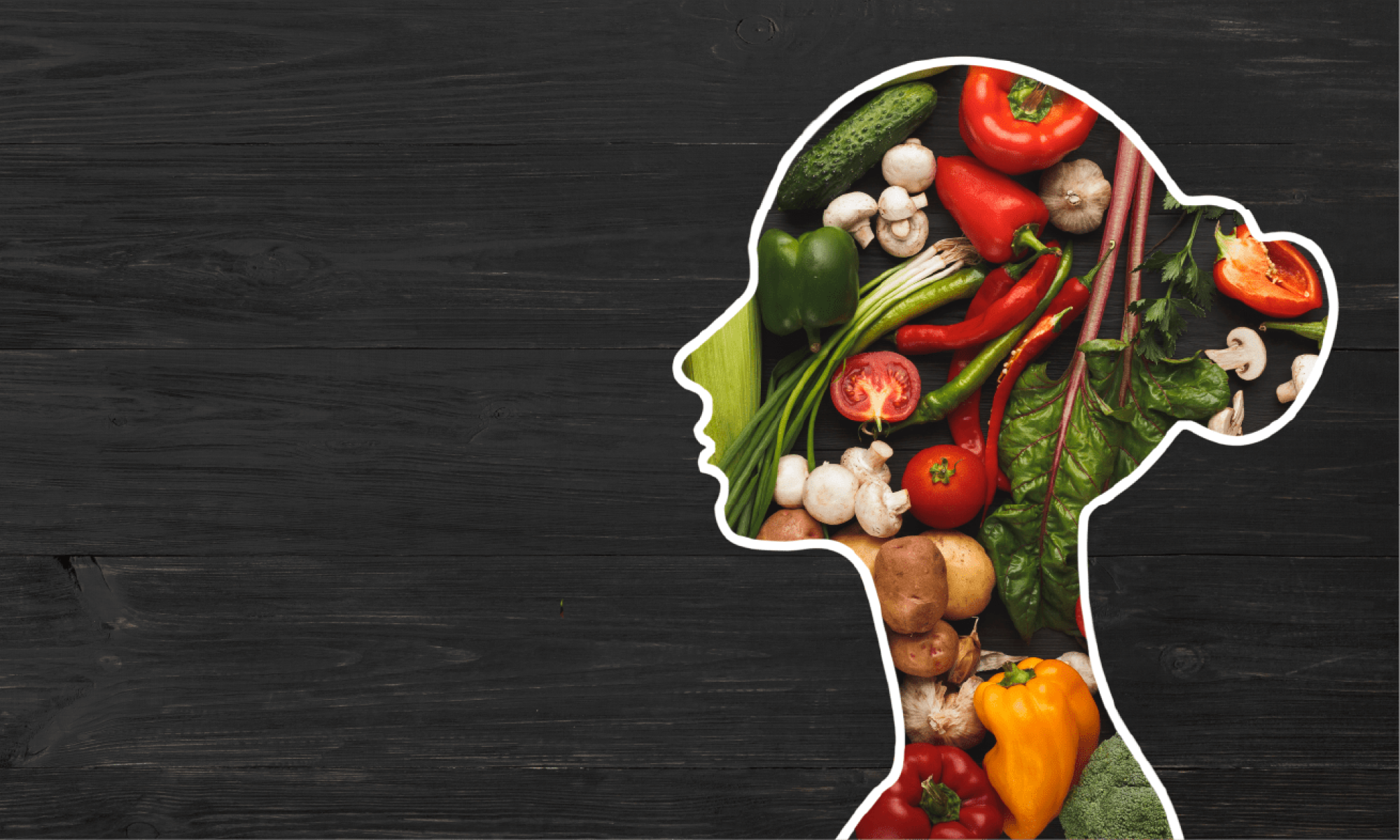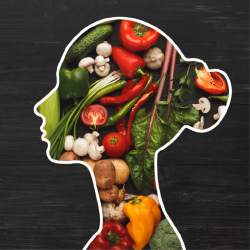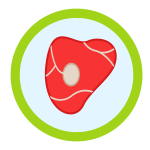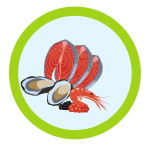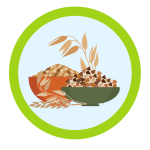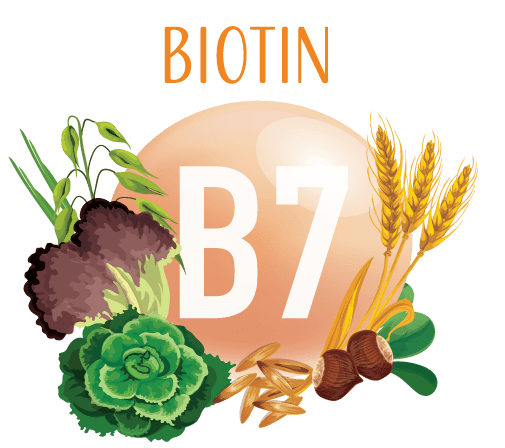
Vitamin B7 - The Essential Nutrient for Metabolism Boost!
Vitamin B7, also known as biotin, is a water-soluble vitamin that plays an essential role in the metabolism of carbohydrates, fats, and proteins. Our bodies cannot produce vitamin B7, so we need to obtain it from the food we eat. Fortunately, biotin is present in a variety of food sources, making it easy to ensure an adequate intake.
Studies suggest that biotin may have numerous health benefits, including improving skin health, reducing hair loss, and improving blood sugar control in people with diabetes. However, more research is needed to confirm these potential benefits.
The recommended intake for adults is 30 micrograms per day, while pregnant or breastfeeding women may need up to 35 micrograms per day. Infants and children require from 5 to 20 micrograms per day depending on age.
Meat & Protein
Grass Fed Red Meat
Liver ( Beef) contains the highest percentage of vitamin B7, with roughly 184% of the daily recommended value per 3.5oz
Kidney is another great source of vitamin B7, providing about 98% of the daily recommended value per 3.5oz
Bison is a leaner and healthier alternative to beef, and it contains about 20% of the daily recommended value of vitamin B7 per 3.5oz
Lamb is a flavorful and tender meat that contains about 6% of the daily recommended value of vitamin B7 per 3.5oz
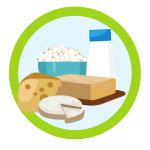
Grass Fed Dairy
Cheddar cheese is a great source of vitamin B7 with 28% daily value per 3.5 oz. It is a popular cheese variety known for its tangy and sharp flavor.
Feta cheese is another salty cheese variety rich in vitamin B7 with 21% daily value per 3.5 oz. It is commonly used in Mediterranean cuisine
Whole milk is a good source of vitamin B7 with 9% daily value per 1 cup (244 grams). It is commonly used in baking, cooking, and as a cereal topping.
Yogurt is a popular dairy product rich in vitamin B7 with 6% daily value per 1 cup. It is a great source of probiotics and healthy bacteria.
Cottage cheese is another dairy product with a significant amount of vitamin B7 with 5% daily value per 1 cup (226 grams). It is a low-calorie alternative to other cheese varieties.
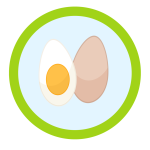
Free Range Eggs
One boiled egg alone contains 25% of the daily recommended value of Vitamin B7.
Fish & Seafood
Salmon contains 32% of the daily recommended value per 3.5oz
Contains 30% of the daily recommended value per 3.5oz
crab contains about 29% of the daily recommended value of vitamin B7 per 3.5oz
Mussels contains about 19% of the daily recommended value of vitamin B7 per 3.5oz
Oysters contains about 16% of the daily recommended value of vitamin B7 per 3.5oz
Shrimp contains about 14% of the daily recommended value of vitamin B7 per 3.5oz
Trout contains about 9% of the daily recommended value of vitamin B7 per 3.5oz
Sardines contains about 6% of the daily recommended value of vitamin B7 per 3.5oz
Clams contains about 6% of the daily recommended value of vitamin B7 per 3.5oz
Fruits, Vegetable, Leafy Greens & whole Grains
Whole Grains
Oats contains the highest percentage of vitamin B7, with roughly 100% of the daily recommended value per 3.5oz
Quinoa provides about 35% of the daily recommended value per 3.5oz
Brown rice contains about 16% of the daily recommended value of vitamin B7 per 3.5oz
15% of the daily recommended value of vitamin B7 per 3.5oz of barley
Millet contains about 12% of the daily recommended value of vitamin B7 per 3.5oz
Millet contains about 12% of the daily recommended value of vitamin B7 per 3.5oz
Wild rice contains about 9% of the daily recommended value of vitamin B7 per 3.5oz
Spelt contains about 8% of the daily recommended value of vitamin B7 per 3.5oz
Amaranth contains about 7% of the daily recommended value of vitamin B7 per 3.5oz
Beans & Legumes
With a 3.5-ounce serving providing 55% of the daily recommended intake of vitamin B7, soybeans are an excellent source of this vitamin.
These legumes provide 23% of the daily recommended intake of vitamin B7 in just a 3.5-ounce serving.
A 3.5-ounce serving of kidney beans provides 20% of the daily recommended intake of vitamin B7.
Also known as garbanzo beans, a 3.5-ounce serving of chickpeas provides 13% of the daily recommended intake of vitamin B7.
These beans provide 11% of the daily recommended intake of vitamin B7 in just a 3.5-ounce serving.
Did you know?
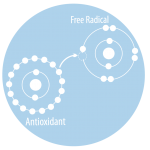
Heat and oxygen can cause the fatty acids in oils and fats to break down and form free radicals. These free radicals can then inhibit the absorption of biotin in the body. This is important to note especially for those who take biotin supplements or rely on biotin-rich foods in their diets.

Interestingly, excessive consumption of raw egg whites can lead to biotin deficiency, as egg whites contain avidin, a protein that binds to biotin and prevents its absorption.

Biotin is essential for healthy hair, skin, and nails. In fact, biotin supplements are often marketed to improve the appearance and texture of hair and nails.
